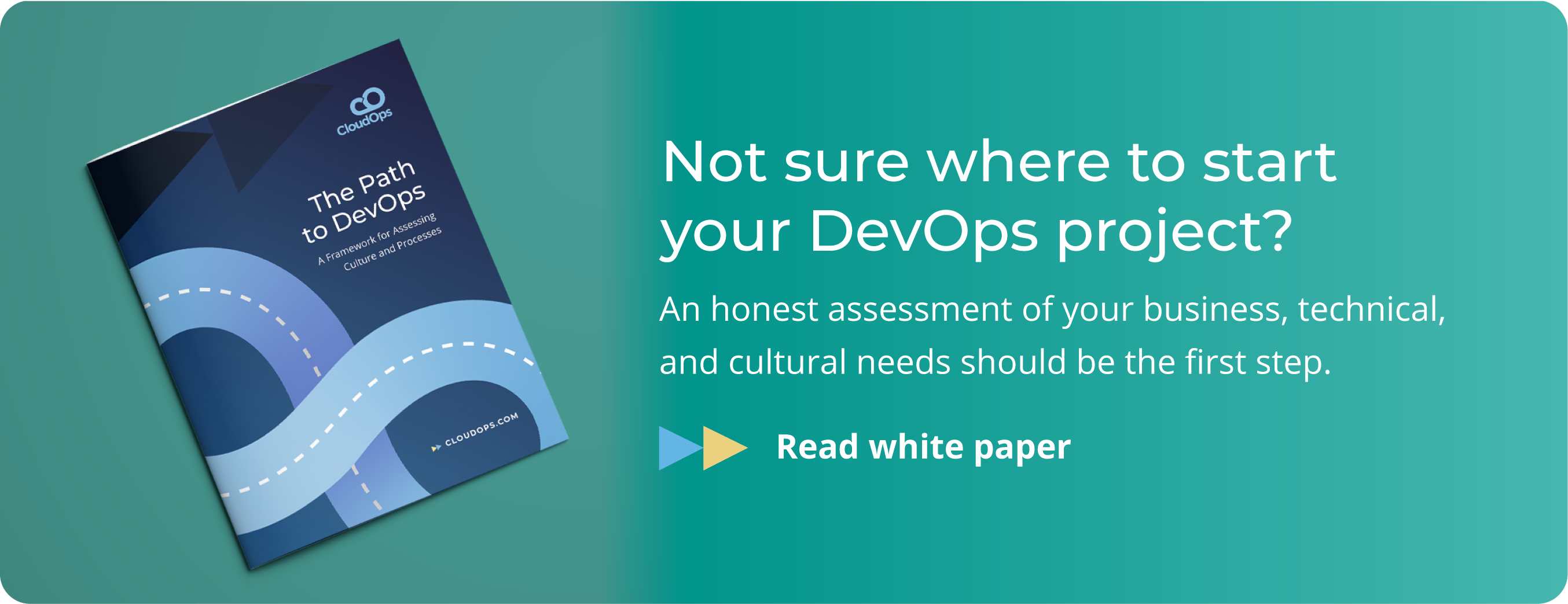Everything You Need to Know About BizDevOps

It’s proven that DevOps increases the ability of an organization to deliver services at high velocity.
But what if the same tools and practices that accelerate feature delivery can also be used to generate greater business value?
That’s where BizDevOps comes in.
BizDevOps integrates feedback from the business side of an organization into its delivery cycles, effectively ensuring features released through DevOps cycles are built specifically to serve business objectives. A streamlined workflow is created from business strategy to deployment, allowing DevOps metrics to become aligned with high-level business KPIs.
As with DevOps, BizDevOps can be seen as a combination of cultural philosophies, practices, and tools that increase an organization’s ability to deliver applications and services at high velocity. Just as DevOps overcomes silos separating development from operations, BizDevOps overcomes silos separating DevOps from the rest of the business.
BizDevOps is accomplished by encouraging the business team to work directly with product owners, developers, and operators to set priorities for sprints and backlogs. Collaboration with the business team is encouraged throughout the entire release cycle.
There are a few practices that will help you overcome the wall of confusion separating an IT department from the rest of a business. Define metrics that measure business value, and make sure your deployment and release strategies take traditional business concerns, such as geography, community, and other internal and external factors, into account. Doing so will prevent business and operational needs from finding themselves at the bottom of the backlog. Build business logging and telemetry capabilities into every application and into the solution as a whole. Allow services and features to be modified or even removed based on various metrics. Lastly, build capabilities for fast recovery or fix-forward. When batons aren’t passed between siloed tasks, teams can instrument products at a faster rate.
No two BizDevOps journeys are the same, and the biggest challenge is never technical but cultural. DevOps adoption is usually about 80% cultural and only 20% technical. Steps that evolve culture by promoting structures that are not hierarchical but instead flat and empowered, focusing on teams and people instead of projects, and preventing us against them mentalities or command and control management styles will be what truly enables BizDevOps adoption.
Download our white paper called ‘How to Initiate DevOps Transformation by Assessing Culture and Processes’ to learn more about launching your organization toward DevOps success. In addition to understanding what constitutes a DevOps culture, you will learn how to evaluate and measure processes.

